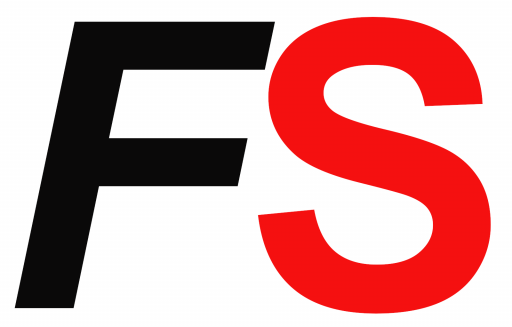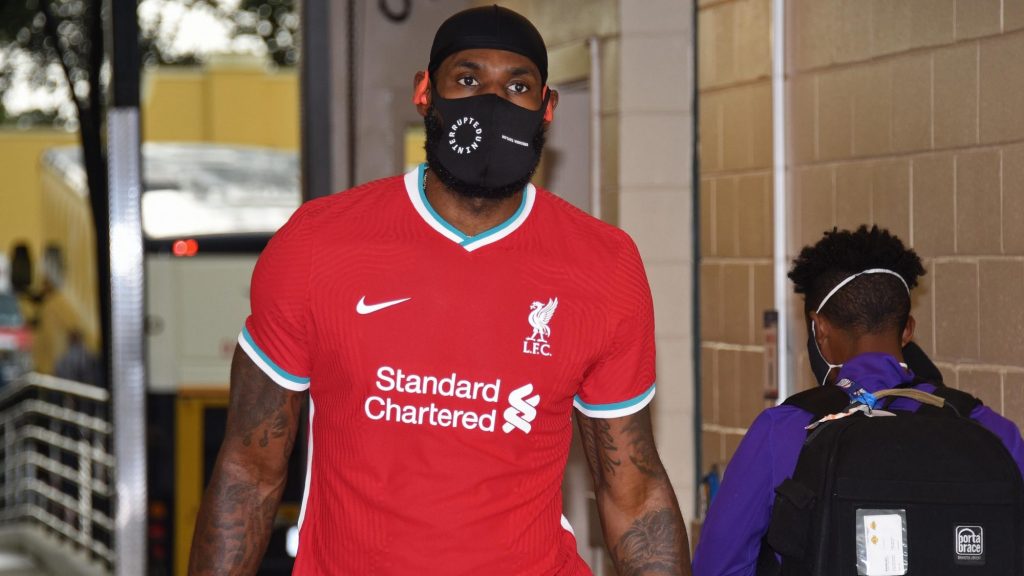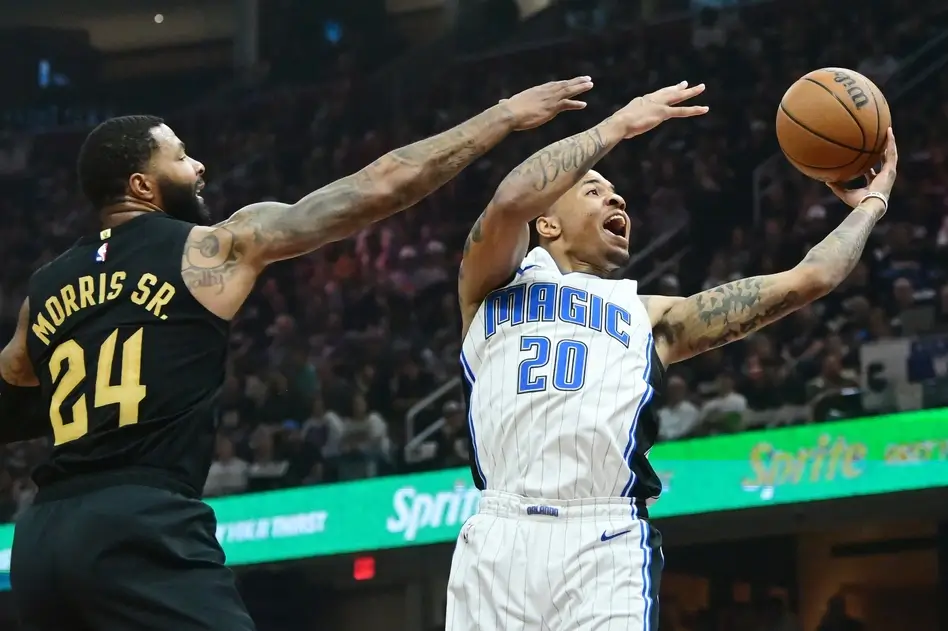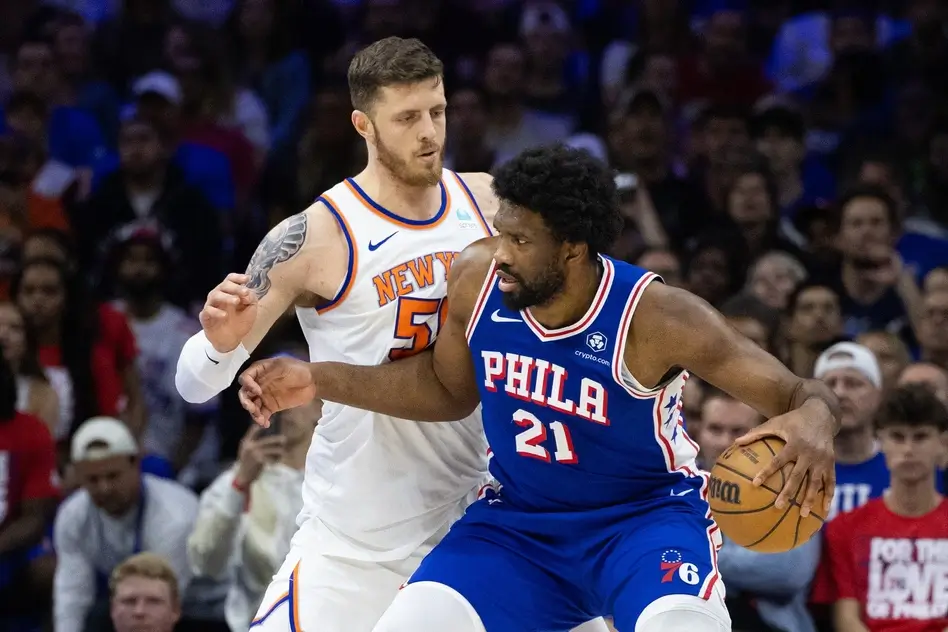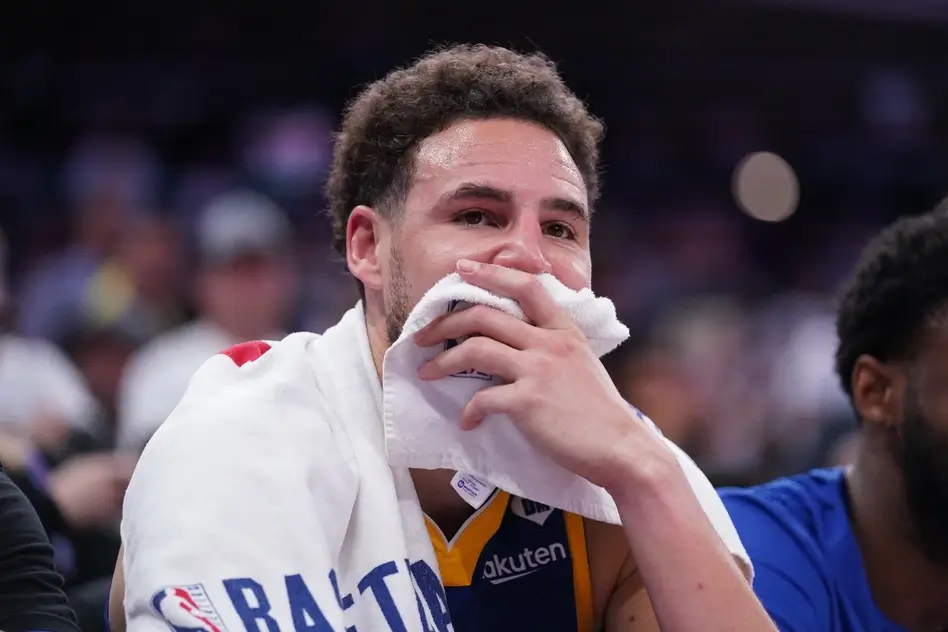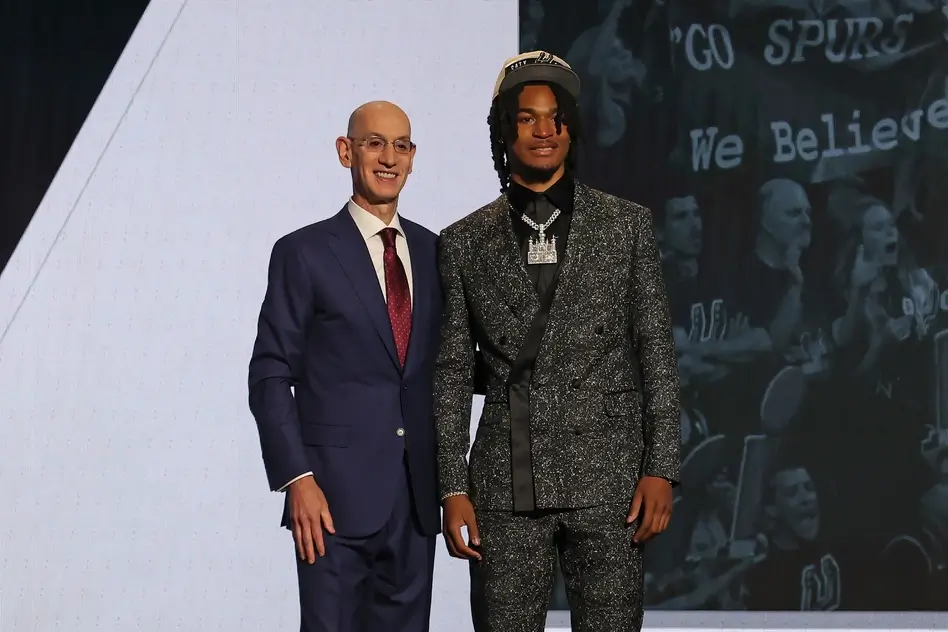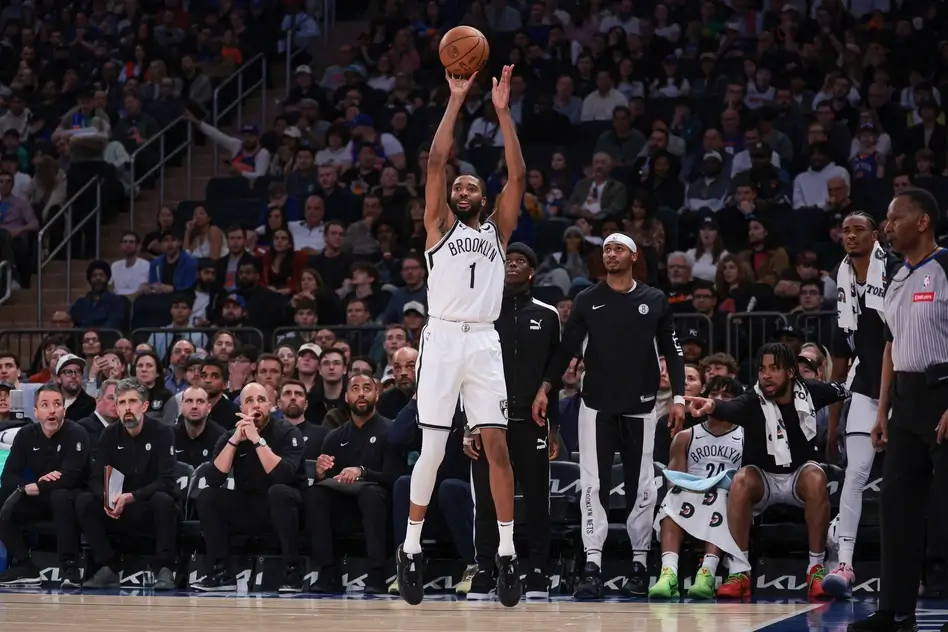Making a comparison like Premier League vs NBA is never easy. They are different sports, played thousands of miles apart, operating in drastically different systems.
Their fan bases have different expectations. Regulation isn’t the same.
For all the contrasts between the Premier League and NBA, though, there are plenty of similarities. They are both followed by millions across the planet. They are both multi-billion dollar industries. Each face similar challenges, each are asked similar questions about high salaries and ticket prices.
Premier League vs NBA comparison
We aren’t looking to make the Premier League vs the NBA into a contest. Millions love both, and plenty of others do not care for one or the other. This is just a quick exercise to look at what the NBA could take from the Premier League and vice-versa.
Use of replay
Both leagues have eventually accepted the need for video replay. It has been a controversial subject in the Premier League and the NBA, albeit for different reasons.
Pace of play is a common gripe on both sides of the Atlantic. Other than that, we’re generally looking at the intricacies of its application and the interpretation of the rules. There’s always a handful of people who would rather it was scrapped altogether, of course.
The NBA has begun to introduce a challenge system. While this comes with its own issues about whether teams should retain a successful challenge or not, it has broadly worked as a means to limit the amount of time spent on video reviews.
It’s a different approach in the Premier League, where a challenge system would likely be a bit clumsy. Officials are changing how they judge controversial calls like handballs and tight offsides.
There has been marked improvement in the Premier League’s use of VAR of late. Decisions will always provoke some debate, but both the NBA and Premier League have made real strides over the last year or so.
Balancing the desire to get every decision right without slowing the sport down too much is an unenviably task.
Salary cap
American sports have followed European leagues by embracing betting. Any suggestion of an NBA-style salary cap goes down like a lead balloon with the Premier League, however.
According to casinonotongamstop.net, some gamblers reject overregulation in the casino industry. This is much the same justification as is used against the introduction of a salary cap, which is commonplace in American sports leagues.
The Premier League has barely any financial restrictions. Manchester United can offer Cristiano Ronaldo as much as they want, particularly with the ineffectiveness of Financial Fair Play. It couldn’t be much more different in the NBA where there are not only salary caps, but there are max contracts which players can receive.
Max deals still result in overpaid players. It has its own issues. Max contracts are not all equal – the total salary depends on a variety of factors – but the fact Steph Curry and LeBron James are capped at an amount means they inevitably earn the same as some far inferior players.
In contrast, Premier League clubs have ultimate flexibility when it comes to their payroll and individual player salaries. This also enables vast inequality between the haves and have-nots in the league.
Some would argue the NBA’s system is too restrictive, particularly for the players. It seems obvious that the Premier League needs a form of payroll regulation, though.
Stop clock
The stop clock is one of the biggest differences when looking at the Premier League vs NBA. The end of a Premier League fixture can be worked out down to almost the exact minute because of the running clock. It can drag on much longer in the NBA.
If speed is the priority, the Premier League’s time management is clearly preferable. The NBA’s stop clock and timeouts, though, help to provide late-game drama, and in theory, should keep fans engaged much later on.
Premier League matches too often fizzle in the final 10 minutes. Of the 90-plus minutes in a fixture, the ball is regularly in play for less than 60. Teams clinging on for a victory can waste time frivolously, clinging onto throw-ins, dragging out goal kicks and strolling off for substitutions.
While the Premier League cannot replicate the shot clock, football as a whole could embrace a stop clock. It would guarantee a set amount of ball-in-play action in every fixture and ensure a fair chance for teams to make a late comeback.
Of all the things the leagues could learn from each other, the Premier League adopting the stop clock would be the most beneficial to the spectacle.
[spreaker type=player resource=”show_id=4112709″ width=”100%” height=”200px” theme=”light” playlist=”false” playlist-continuous=”false” chapters-image=”true” episode-image-position=”right” hide-logo=”false” hide-likes=”false” hide-comments=”false” hide-sharing=”false” hide-download=”true”]

